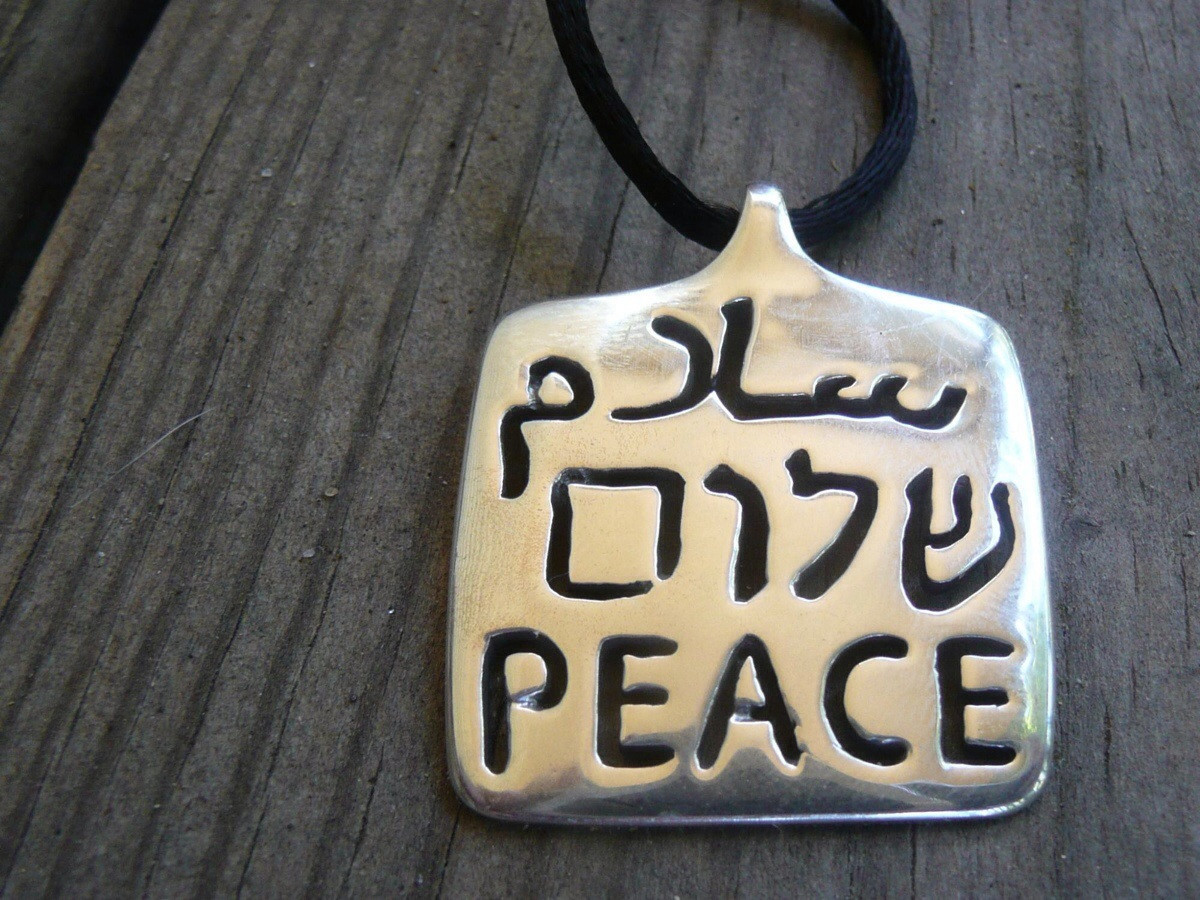As part of a series of gestures to mark the 50th anniversary of the Second Vatican Council’s declaration entitled Nostra Aetate, or “In Our Time,” last month, Pope Francis paid a historic visit to the breathtaking Great Synagogue of Rome. There, the leader of the Catholic Church spoke about the remarkable advancements in Jewish-Christian relations, laid a wreath at the location where the Jews of Rome were rounded up by the Nazis, and laid another wreath to commemorate Stefano Gaj Taché, the two-year-old Jewish boy who was murdered on Oct. 9, 1982, when five PLO terrorists shot at families leaving the synagogue after the afternoon Shabbat service.
Nostra Aetate is revolutionary in the otherwise dark history of Jewish-Christian relations because it repudiates the age-old charge that Jews are collectively responsible for the death of Jesus. But, what inspired this revolutionary change in Catholic
attitudes toward Jews and Judaism? Eminent philosopher and scholar Rabbi Lord Jonathan Sacks argues that, “It took the Holocaust to bring about Nostra Aetate.”
READ: CHURCH HOSTS SHOAH SURVIVORS FOR NOSTRA AETATE EVENT
From the period of early Christianity through the ensuing centuries, Christians cultivated potent anti-Jewish attitudes. Spearheaded by the early Church fathers, Christianity came to historically understand itself as the religion that God intended Judaism to be. As for the Jews themselves, they were judged eternally cursed for being Christ killers. In one polemical homily, Church father John Chrysostom (354-420), referred to the Jews as dogs, beasts and the vilest of animals. The synagogue, he stated, is “worse than a brothel,” before concluding with a decree that “it is the duty of all Christians to hate the Jews.” Later, Martin Luther rekindled anti-Jewish attitudes in his 1543 treatise The Jews and Their Lies. Therein, Luther advised Christians to burn down synagogues and Jewish schools.
In the 20th century, the Nazis found fertile ground and willing collaborators for the systemic, state-sponsored persecution and murder of six million Jews. The vitriolic writings of Christian leaders were resurrected by the Third Reich and became a prevalent motif of Nazi propaganda against the Jews.
Today, the major theological issues that have served to separate Jews and Christians throughout time have not been resolved. And yet, Christian attitudes toward Jews since World War II bode well for reconciliation. Now, dialogue, rather than violence, is the model of Christian-Jewish relations. With Nostra Aetate, Christianity adopted the modern virtue of religious tolerance and officially delegitimized any Christian theologically inspired hatred of Jews.
READ: RABBIS, BISHOPS MEET TO IMPROVE CATHOLIC-JEWISH TIES
In our time, the very urgent question is, can the mostly violent model that has plagued Muslim-Jewish relations be similarly replaced with one of dialogue?
Radical Islamism is on the march, and terror groups like Al Qaeda, ISIS, Hezbollah and Hamas have cast a very dark shadow over Jewish-Muslim relations. The world watches in horror as jihadists strike every continent and Palestinian children are radicalized to view the murdering of Jews as a religious duty. There is no doubt that modern Islam is in a crisis.
In 2004, under the patronage of King Abdullah of Jordan, over 200 Muslim scholars issued a declaration entitled Amman Message, which denounced radicalized renditions of Islam. The document stressed that the core values of Islam are compassion, tolerance, acceptance and freedom of religion. However, any momentum that came from the much anticipated declaration seems to have faded far away. Certainly, we have yet to witness the peaceful Muslim majority produce an equivalent to Nostra Aetate.
READ: JEWISH-MUSLIM DIALOGUE BEGINS WITH A SIMPLE QUESTION
Judaism, Christianity and Islam each share a common Abrahamic tradition and belief in a single God. The monotheistic similarity allows for a meaningful discourse between the three great religions. The Christian world seems to now acknowledge this and has taken significant steps toward reconciliation. What will it take for the Muslim world to do the same?
Jimmy Bitton is head of the Jewish history department at the Anne & Max Tanenbaum Community Hebrew Academy of Toronto, Kimel Family Education Centre.
